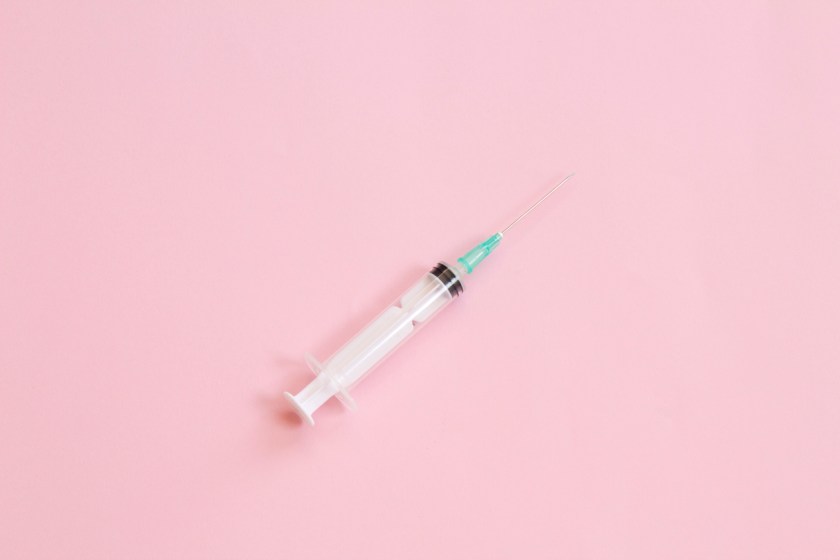UK super-store Superdrug is tightening its procedures around facial injectables, now requiring a mental health screening before carrying out procedures. The medical questionnaire will aim to screen patients experiencing body dysmorphia before they can receive anti-wrinkle or filler injections.
The chemist chain, compared by some to Australia’s Chemist Warehouse, made waves in the aesthetics industry last year with the launch of its Skin Renew Service, by which injectables were made available in-store, administered by a Registered Nurse. The move was frowned upon by many for contributing to the ‘normalisation’ of injectables, making them as accessible and seemingly casual as a wax or tint service.
The new screening service is said to be in response to a written letter to Superdrug’s Chief Executive from Medical Director of NHS England (non-departmental public body of the Department of Health and Social Care) Prof. Stephen Powis, who claimed shortly after the launch that Superdrug should be doing more to protect mentally ill patients, and inhibit them from using cosmetic medicine to improve what they perceive as aesthetic flaws.
“Pressures on young people’s mental health are greater than they ever have been, with families and the health service too often left to pick up the pieces,” said Powis. The lack of tough checks on cosmetic surgery means that the public is dependent on businesses taking voluntary steps to get their house in order, leaving people avoidably exposed to dangerous practices.”
Superdrug has also introduced a 14-day cooling off period before patients are treated, along with an age restriction of 25 and above. When mental health issues are raised during the process, the administering nurse is able to refer their patient to a GP or to the mental health charity Mind; who provide support services for various mental health problems.
Kitty Wallace, a trustee for UK-based Body Dysmorphic Disorder Foundation, has commended the new procedures and restrictions, stating that a very small proportion of body dysmorphia sufferers are appeased by the results of cosmetic medical procedures.
“Studies show that fewer than 10 per cent of patients with BDD are satisfied with the results of cosmetic procedures,” said Kitty. “Although their anxiety might reduce temporarily, they will often find themselves fixating on another part of their body that they want to change.”
It is thought that here in Australia, Body Dysmorphia may affect 1-2% of the population, with men and women affected equally. It’s a growing area of concern throughout the cosmetic industry, with more and more plastic surgeons, practitioners and mental health experts urging others to screen all patients before proceeding with treatments.
This includes social worker and researcher Roberta Honigman, who issued a strong warning at last year’s ASAPS Breast Master’s Symposium. Honigman estimates up to 5% of patients present ‘red flags’, suffering from some degree of mental illness and are seeking relief via cosmetic solutions.
For more news and updates, subscribe to our weekly newsletter.




